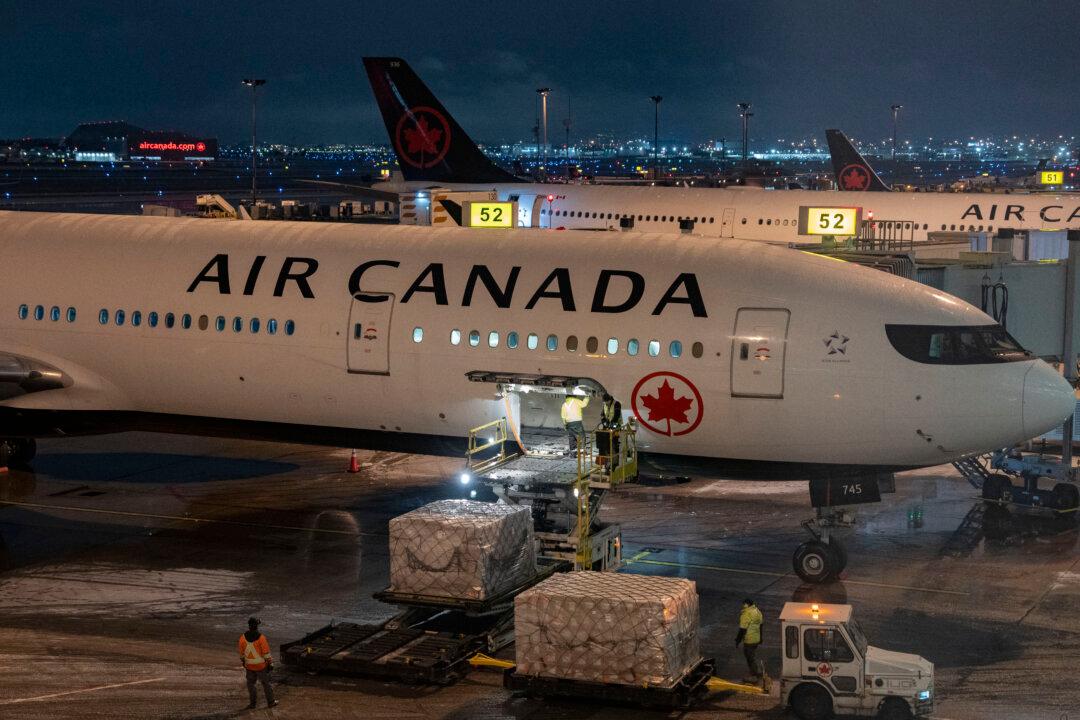WAYNE, Alta.—Built during the First World War, it survived the Great Depression, the Second World War and the closure of coal mines in the 1950s. Now the historic Last Chance Saloon in the ghost town of Wayne in southern Alberta is up for sale.
There are a century’s worth of memories in the three−storey wooden hotel, including photos of the community in its heyday, mining equipment and three bullet holes — framed on one wall of the bar — dating back to the 1970s when a trigger−happy bartender wanted to encourage some patrons to pay their tab.





